John Green
John Green was a composer, conductor, pianist and music executive whose film work won him five Academy Awards and whose songs include "Body and Soul," "Out of Nowhere" and "I Cover the Waterfront."
Green, who wrote his first hit, "Coquette," while he was still a senior at Harvard, was a dapper, confident and uncommonly articulate man whose trademark was the fresh carnation he wore in his lapel every day. He said the flower was to remind him of the beauty in the world and of his obligation to protect and extend it if he could.
When he was 12 he was taken to a party honoring George Gershwin, a friend of the family. The boy was asked to perform for the composer and, marching to the piano, played his own arrangement of one of Gershwin's songs.
Gershwin was evidently impressed and Green became a Gershwin protege and lifelong friend. Green remembered, at 16, attending the premiere of "Rhapsody in Blue" in New York. "The bloody place blew up," Green said.
In later years Green arranged much of Gershwin's music for movies and records, including a delightful album of vocals by Fred Astaire. One of Green's Oscars was for the scoring of "An American in Paris," based on Gershwin's music. Green also frequently performed Gershwin in concert.
Green graduated from Harvard in 1928 at only 19. Despite the fact that his early song "Coquette" was the biggest sheet-music seller in the country, he bowed to his father's will and took a job on Wall Street.
Then, after six months, he defied his father, quit his job and became a rehearsal pianist at the Paramount studio in Astoria, Long Island, for $50 a week.
He was also writing songs, often partnered with lyricist Edward Heyman, a friend of friends, a wealthy young Midwesterner whose family had prospered in sausage casings. In 1931, they wrote a package of four songs for Gertrude Lawrence for $250.
"One of them had to be a comedy number, one an up-tempo item, one a ballad, one a torch song. The torch song was 'Body and Soul,' " Green said. Did he know he was writing a classic? a reporter asked him. "I only knew I was writing for Gertie for Wednesday," Green said.
During his Astoria stay with Paramount, Green did his first bit of movie-scoring, an arrangement of "You Brought a New Kind of Love to Me" for Maurice Chevalier. Green is also credited with the music for a forgotten 1930 film called "The Sap from Syracuse."
In 1932, Green conducted the house orchestra for the Richard Rodgers and Lorenz Hart musical "By Jupiter," and at the time his principal ambition was to write for the musical theater. He wrote show tunes for Jack Buchanan and other performers, but the one musical he wrote a few years later closed out of town, in Boston, and he did not try another.
Green was also the orchestra leader on several coast-to-coast radio programs, including the "Philip Morris Hour," the "Packard Hour" with Fred Astaire and the "Jell-O Show." His sidemen on the early radio shows included Artie Shaw and Benny Goodman (in the same reed section), Tommy Dorsey and Bunny Berigan.
In 1942, Green left New York for Los Angeles. He did a season as musical director of the Jack Benny radio show, doubling as a comic foil specializing in dialects. He also began his major work as a film composer, initially at Metro Goldwyn Mayer, where he scored, among others, "Bathing Beauty," "Easter Parade" (for which he won an Oscar), "The Great Caruso," "Brigadoon" and "Raintree County."
He left MGM for a similar role as musical director at Desilu and, after a brief stint, became a freelancer, winning two more Oscars for the musical direction of "West Side Story" in 1961 and "Oliver!" in 1968.
Green recalled seeing his first performance at the Hollywood Bowl in 1921, a concert version of "Carmen." He returned to the Bowl as a guest artist in 1945. Then in 1949, he began a series of appearances as a guest conductor of pops concerts that lasted without interruption until 1966, when he was away in London for two years working on "Oliver!"
During this period Green also conducted the Los Angeles Philharmonic's Promenade concerts of light classics (1959-63). He continued to conduct at the Bowl for several years after his return from London, making his 32nd appearance in the summer of 1984.
In later years, he appeared as conductor and pianist with several symphony orchestras across the country.
Related stars
|
|
Points of interest
Academy Awards
| Year | Category | Work | |
|---|---|---|---|
| 1947 | Best Score of a Musical Picture | Fiesta | Nomination |
| 1948 | Best Score of a Musical Picture | Easter Parade | Win* |
| 1951 | Best Scoring of a Musical Picture | The Great Caruso | Nomination* |
| 1951 | Best Score of a Musical Picture | An American in Paris | Win* |
| 1953 | Best Short Subject - One Reel | The Merry Wives of Windsor | Win |
| 1954 | Best Short Subject - One Reel | The Strauss Fantasy | Nomination |
| 1956 | Best Score of a Musical Picture | Meet Me in Las Vegas | Nomination* |
| 1956 | Best Score of a Musical Picture | High Society | Nomination* |
| 1957 | Best Score | Raintree County | Nomination |
| 1960 | Best Score of a Musical Picture | Pepe | Nomination |
| 1961 | Best Score of a Musical Picture | West Side Story | Win* |
| 1963 | Best Adapted Score | Bye Bye Birdie | Nomination |
| 1968 | Best Score of a Musical Picture | Oliver! | Win |
| 1969 | Best Score of a Musical Picture | They Shoot Horses, Don't They? | Nomination* |
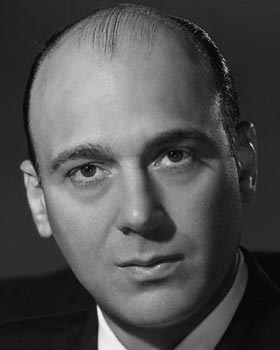

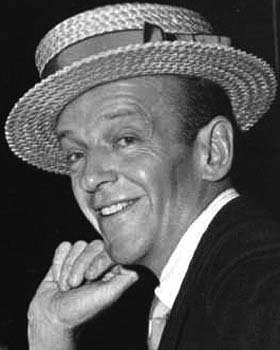
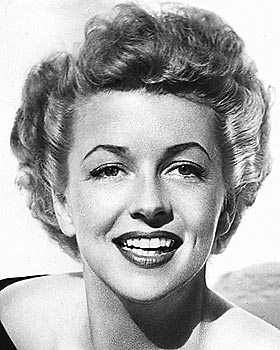
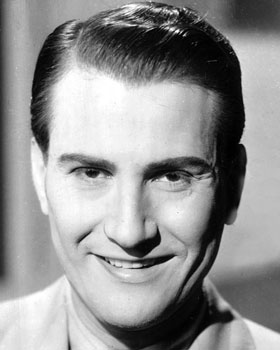
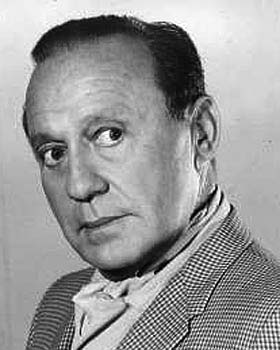
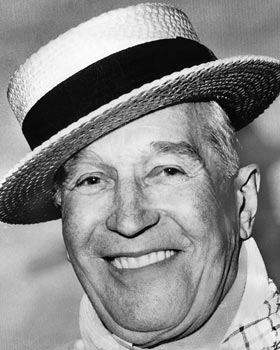
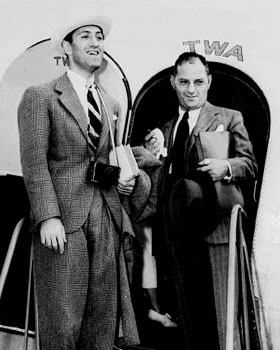
Share a thought about John Green